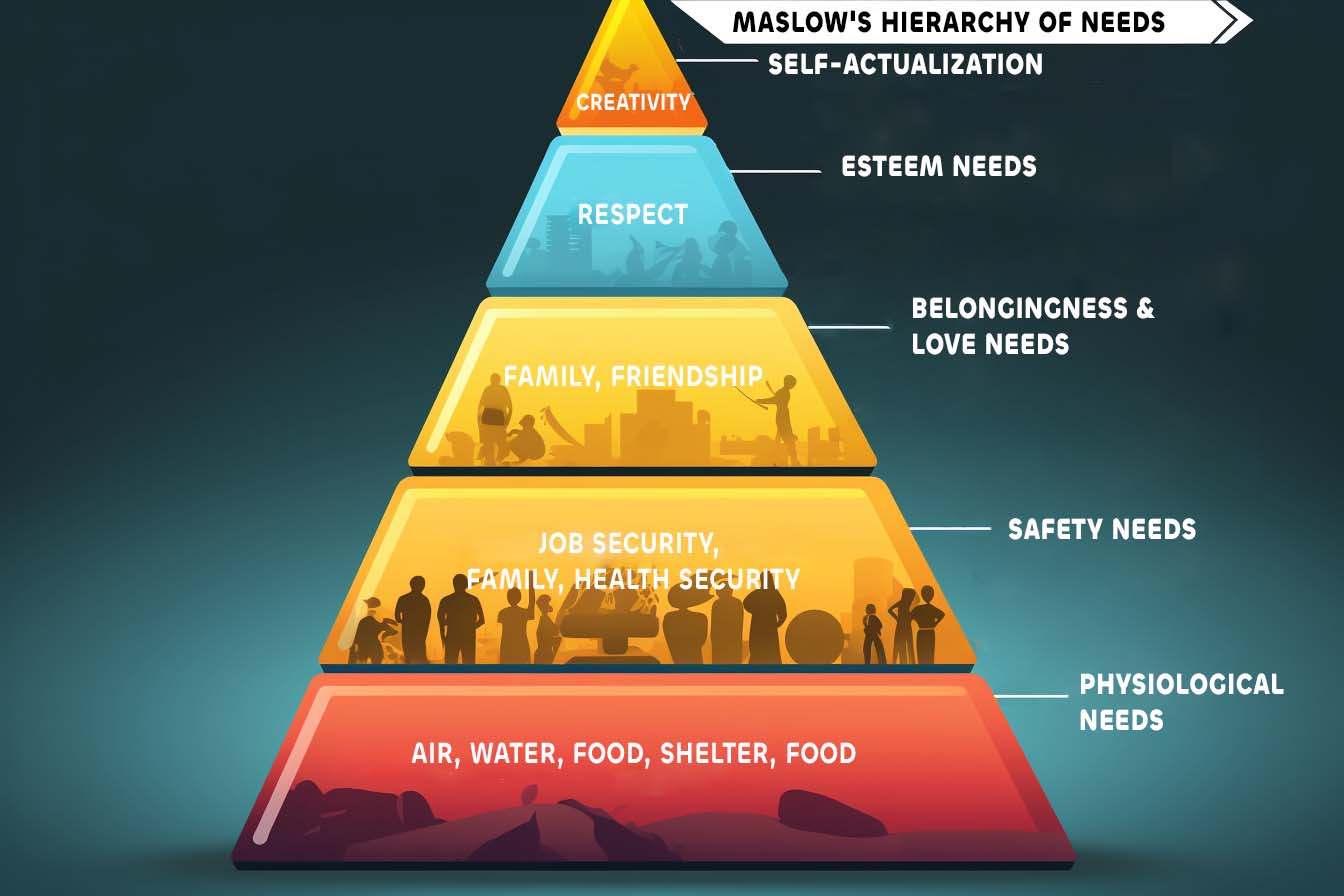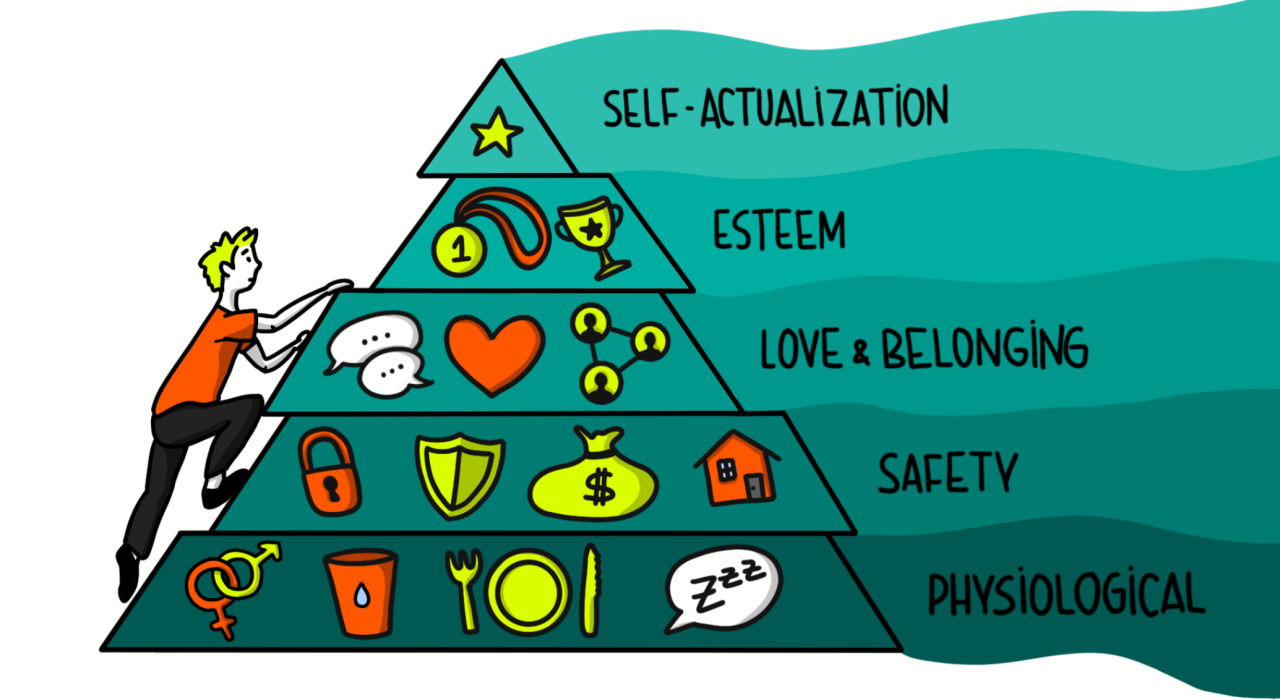Terry Ann Black’s book, “Caring Is Not Enough,” not only provides insights into care in healthcare and social work but also emphasizes the importance of understanding the personal needs of each individual. In a world where people often face numerous challenges related to health, psychology, and social dynamics, recognizing and addressing personal needs is not just a part of caregiving; it is a prerequisite for building positive relationships between caregivers and care recipients. Below is a detailed examination of the aspects of personal needs discussed in the book.
1. Concept of Personal Needs
Personal needs can be defined as the fundamental requirements that every person has to live healthily and happily. These needs encompass not only physical aspects such as nutrition and sleep but also psychological and social needs. In the book, Terry Ann Black emphasizes that providing only physical care is insufficient.

2. Health Needs
Health is one of the most basic and crucial needs. Terry Ann Black argues that healthcare is not just about treating illnesses; it also involves protecting an individual’s overall well-being. This includes:
- Regular health check-ups: Routine health assessments help detect potential health issues early and allow for timely intervention.
- Proper nutrition: A balanced and nutritious diet is essential for maintaining health.
- Physical exercise: Regular physical activity improves cardiovascular health, mental well-being, and physical fitness.
Comprehensive health care not only helps prevent diseases but also enhances the quality of life for individuals.
3. Psychological Needs
In addition to physical health, psychological needs play a vital role in everyone’s life. Terry Ann Black believes that:
- Sense of safety: Individuals need to feel secure both physically and mentally. This includes living in an environment free from violence and threats.
- Understanding and acceptance: Everyone needs to be listened to and understood. Feeling accepted within society boosts self-esteem and confidence.
- Friendship and love: Strong and positive personal relationships contribute to a sense of connection and support in life.
Addressing these psychological needs not only improves mental health but also creates a positive living environment for individuals.
4. Social Needs
Social needs refer to the necessity for individuals to have positive and meaningful relationships with those around them. Terry Ann Black emphasizes that:
- Social support: A strong social support network helps individuals navigate life’s challenges. Support can come from family, friends, or the community.
- Opportunities for communication: Interaction and communication with others are essential for developing social and emotional skills.
- Participation in community activities: Engaging in social and volunteer activities not only brings joy but also helps individuals feel valuable and meaningful in their lives.
Meeting social needs enables individuals to feel connected and supported by the community, which is vital for personal development.
5. Educational Needs
Education is also an essential personal need in life. Terry Ann Black points out that:
- Lifelong learning: Continuously enhancing knowledge and skills is necessary for personal development and adapting to societal changes.
- Access to information: Individuals need the ability to access information and resources to make informed decisions about their health and lives.
- Career development: A clear career path and opportunities for growth help individuals feel valued and successful in their work.
Educational needs impact not only career prospects but also contribute to individuals’ confidence and happiness.
6. Spiritual Needs
Finally, spiritual needs are crucial in life. Terry Ann Black stresses that:
- Seeking meaning: Everyone needs to find meaning in their lives. This can come from religious beliefs, personal philosophies, or values.
- Practicing gratitude: Cultivating gratitude helps individuals recognize the positive aspects of life and enhance overall satisfaction.
- Engaging in cultural activities: Participation in cultural and artistic endeavors nourishes the spirit and creates joy in life.
Spiritual needs are an indispensable part of living a happy and meaningful life.
Conclusion
Terry Ann Black’s book “Caring Is Not Enough” highlights the importance of understanding personal needs in the caregiving process. Health care goes beyond treatment; it requires a comprehensive approach to address health, psychological, social, educational, and spiritual needs. Only by recognizing and understanding these needs can we build a holistic care environment where every individual is respected and can thrive. This not only benefits individuals but also contributes to the sustainable development of communities and society as a whole.


